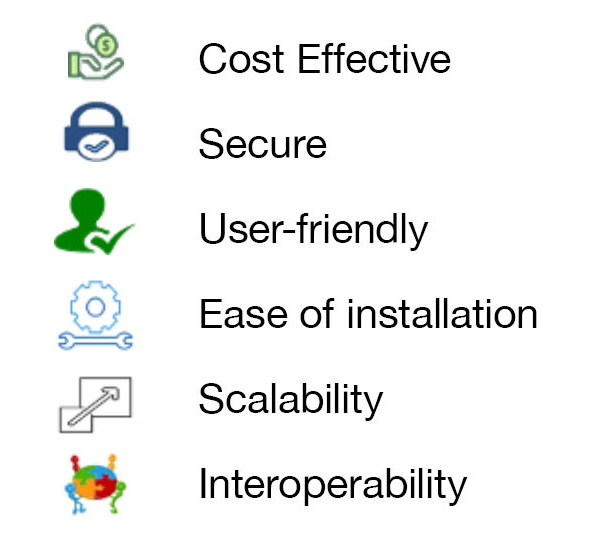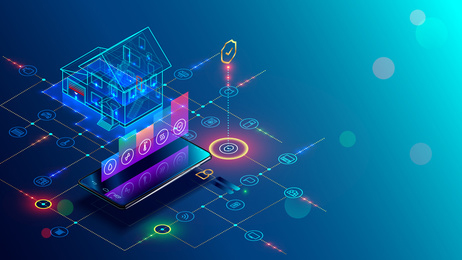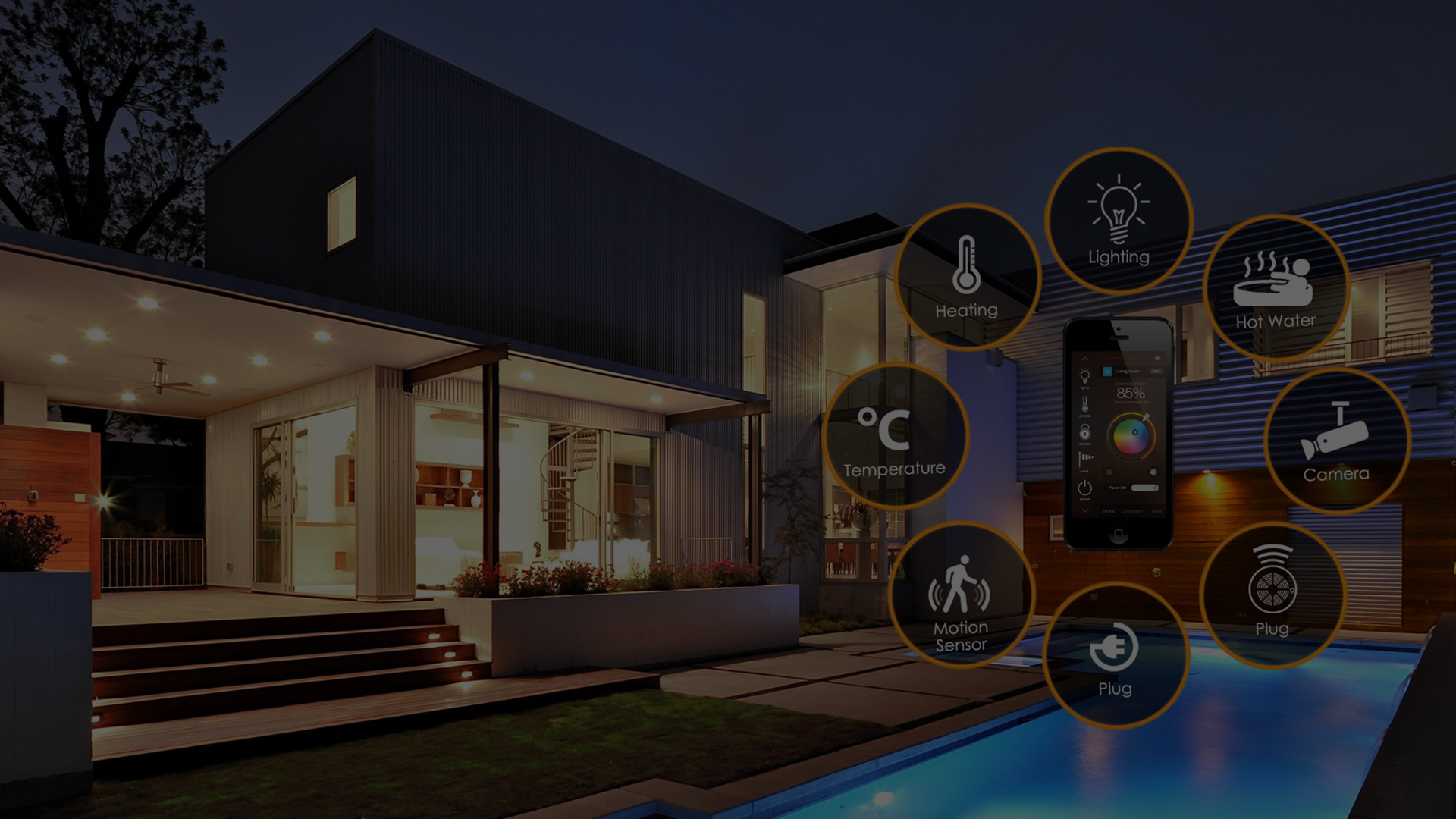 With respect to load types, there are three major loads in commercial and residential buildings: HVAC, lighting and plug loads. According to the data from EIA published in 2008 , electricity use by HVAC equipment, i.e., space heating, cooling and ventilation accounts for 30% of the total electricity consumption in buildings. Lighting loads constitute the majority share of electricity use at 38%. Electricity use by plug loads, i.e., office equipment, computers, etc. accounts for 6% of total electricity use in buildings. Other loads include water heating, refrigeration, elevators, etc. The figure below illustrates electricity use in buildings by load type. With the development of Information and Communication Technologies (ICT) and sensor networks, new applications including A Building Management System (BMS) are constantly emerging to increase energy efficiency.
With respect to load types, there are three major loads in commercial and residential buildings: HVAC, lighting and plug loads. According to the data from EIA published in 2008 , electricity use by HVAC equipment, i.e., space heating, cooling and ventilation accounts for 30% of the total electricity consumption in buildings. Lighting loads constitute the majority share of electricity use at 38%. Electricity use by plug loads, i.e., office equipment, computers, etc. accounts for 6% of total electricity use in buildings. Other loads include water heating, refrigeration, elevators, etc. The figure below illustrates electricity use in buildings by load type. With the development of Information and Communication Technologies (ICT) and sensor networks, new applications including A Building Management System (BMS) are constantly emerging to increase energy efficiency.
BMS is a computer-based control system installed in buildings that controls and monitors the building’s mechanical and electrical equipment such as HVAC, Lighting, Power systems, Closed-Circuit Television (CCTV), Access Control, Fire and Intruder Alarms. BMS is designed to help monitor, control, measure, and optimize energy consumption needs of a building. Monitoring and managing the use of energy allows for efficient service as well as optimum power utilization. By accessing actionable data from smart sensors and meters, BMS provide an efficiency through improvements in lighting, HVAC, fire and security systems.
Features of our BMS 
At Epixa Technic not only we design and install the Low Current systems for smart buildings, but we also develop and implement Internet of things based (IoT) BMS that provide automated control and monitoring within a building by integrating wireless sensors networks and embedded systems. Most existing BMS can slash power consumption and energy bills significantly, but they are too expensive for most buildings. Our BMS is an affordable BMS that works with smart buildings as well as existing traditional buildings. The purpose of BMS is to provide a comfortable, consistent environment, ensure the safety of all occupants, and reduce energy costs while increasing energy efficiency.
Our BMS is designed to work with load control devices form different manufacturers that operate on different communication technologies and data exchange protocols. These include both new commercially available products that operate on Ethernet and Wi-Fi, as well as legacy devices that operate on serial communications using Modbus RTU and BACnet MS/TP protocols.
Call Center
How can we help you?
